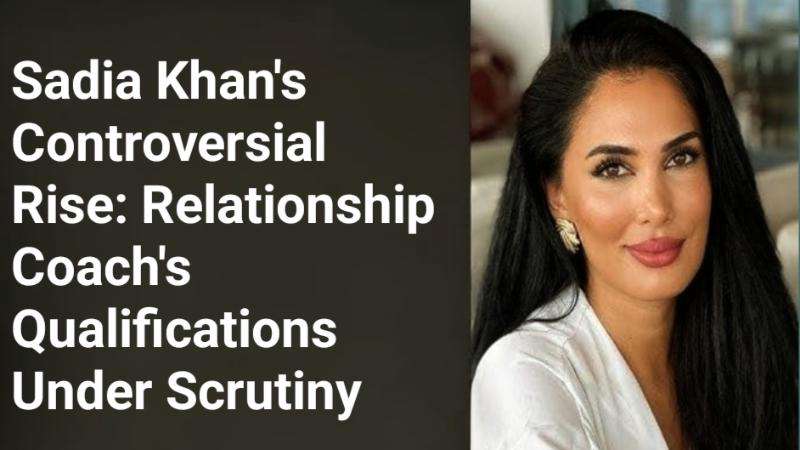A deeply concerning practice within the British Bangladeshi community has come to light, where a seemingly innocuous word, "Freshi," is used by long-established members as a derogatory term for newly arrived individuals from Bangladesh, Daily Dazzling Dawn realize.
This exclusive report reveals how this internal slur, highlighting perceived unfamiliarity with British customs and language, compounds the already significant challenges of racism and discrimination faced by new immigrants in the United Kingdom.
The term "Freshi," originating in the East London Bangladeshi community in the 1980s with the emergence of the second generation, is used to label newcomers as ignorant of British ways. This hurtful practice persists four decades later, creating a divisive environment within the community itself.
Disturbingly, the use of "Freshi" is reportedly rife in Bangladeshi-owned Indian restaurants, often the first workplaces for new arrivals. Here, individuals recount being repeatedly called "Freshi" by senior colleagues for minor errors, sometimes even having the slur replace their actual names, leading to feelings of helplessness and, in some cases, forcing them to leave their jobs.
One recent arrival's experience in a takeaway highlights this distress: "Whenever I made a mistake, they would call me 'Freshi.' Eventually, they stopped using my name. I felt so bad I had to quit."
Abidur Rahman, who faced this upon his arrival, described the term as deeply demoralizing. "You lose morale. You feel helpless." He poignantly appealed to older community members to remember their own beginnings and offer support instead of derision.
Senior journalist Munzer Ahmed Chowdhury, founder of The Dazzling Dawn, condemned the practice as a form of internal racism, stating, "We often say that we are victims of racism. But the use of this word 'Freshi' shows how communal or racist we can be ourselves." He highlighted the hypocrisy, noting that the parents of those using the slur were also once "Freshis."
This internal bullying occurs against a backdrop of wider racism faced by ethnic minorities and new immigrants in the UK. A 2023 report by the Equality and Human Rights Commission (EHRC) found that 43% of people from ethnic minority backgrounds experienced racial harassment in the preceding 12 months. This stark statistic underscores the vulnerability of new arrivals, who, as the EHRC notes, often face greater risks of discrimination and exploitation due to language barriers, unfamiliarity with UK systems, and reliance on community networks.
Further data from the Office for National Statistics (ONS) in 2024 indicates that recent migrants are often concentrated in lower-skilled jobs with potentially precarious conditions, increasing their susceptibility to workplace bullying, including the use of derogatory terms like "Freshi."
A 2021 University of Manchester study highlighted how social isolation, a common experience for new migrants, can amplify feelings of vulnerability to both external racism and internal community pressures. The use of terms like "Freshi" directly contributes to this isolation and undermines community cohesion.
While specific statistics on the prevalence of "Freshi" are specifically unavailable, the convergence of personal accounts and broader data on racism and migrant experiences paints a concerning picture. New British Bangladeshis not only navigate the challenges of adapting to a new country but also face potential derision from within their own community, a double burden that hinders integration and well-being and demands urgent attention and a change in attitudes.








.svg)

